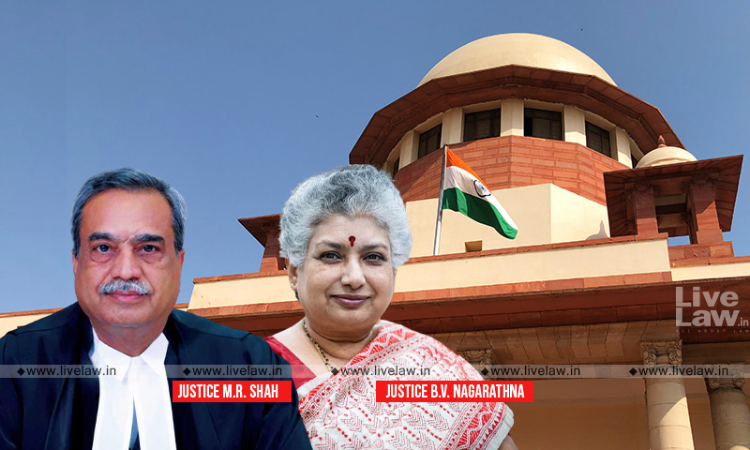Mere Filing Of Representation Before Authorities Does Not Extend Limitation Period : Supreme Court
LIVELAW NEWS NETWORK
2 March 2022 6:30 PM IST

Next Story
2 March 2022 6:30 PM IST
The Supreme Court observed that mere filing of representation before authorities does not extend the period of limitation.If it is found that the writ petitioner is guilty of delay and latches, the High Court should dismiss it at the threshold and ought not to dispose of the writ petition by relegating the writ petitioner to file a representation and/or directing the authority to decide...
